 |







|
|
ART - LUINI - VIRGIN AND CHILD WITH ST. JOHN
|
|
|
The Virgin and Child with the Infant Saint John the Baptist |
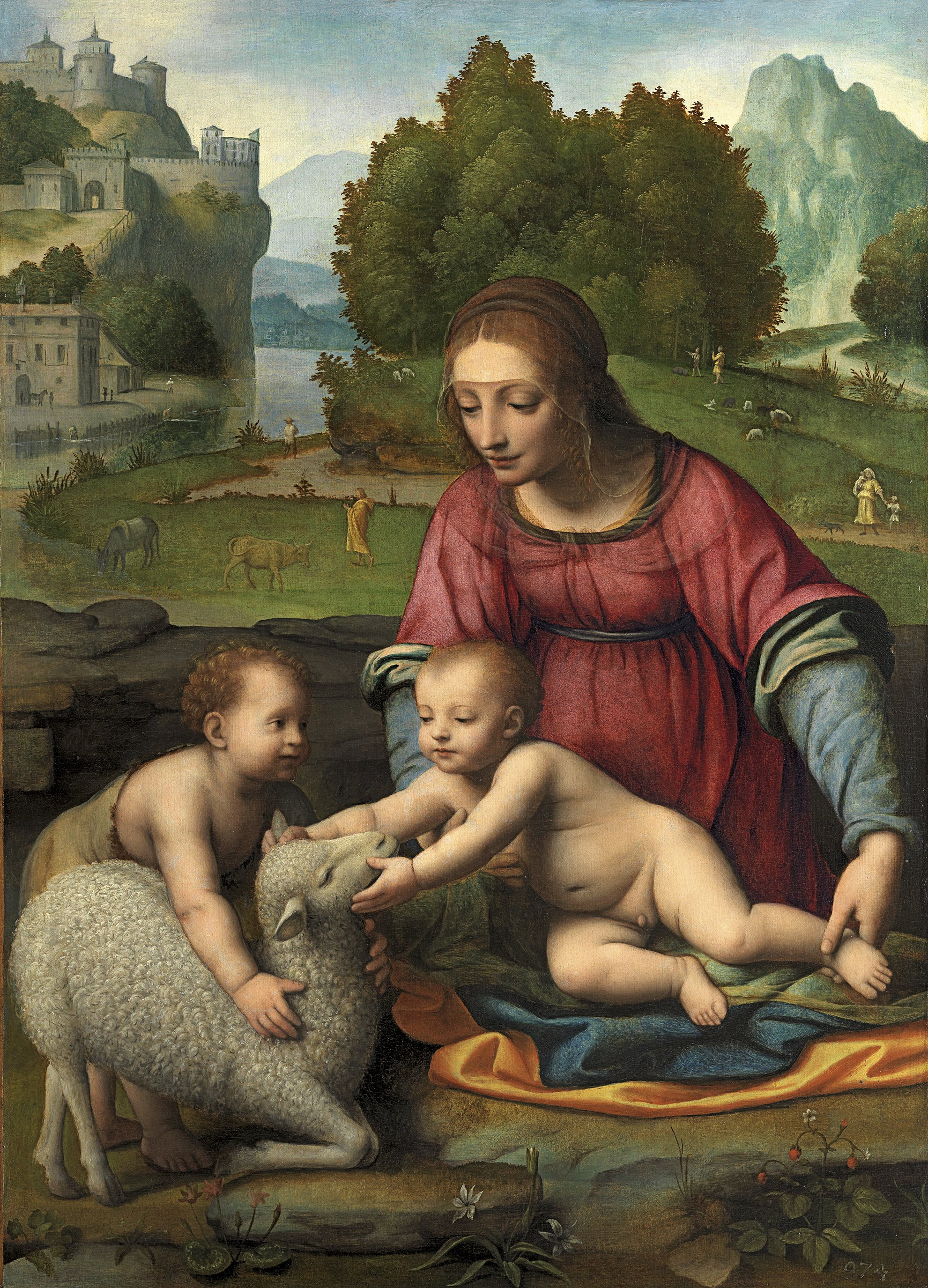
Bernardino Luini: (1523-1525) Courtesy
Museo Nacional Thyssen-Bornemisza, Madrid |
- This painting was in the Paris collection of Baron Edouard de Rothschild where it is documented in 1880, subsequently passing to
his descendants.
- John is on the left and Jesus is on the right siting in Virgin
Mary's lap.
|
The central group in Luini’s canvas is inspired by
models developed by Leonardo. The central group is
located on a small raised area above a meadow,
separated from the landscape behind by a low stone
wall that also functions to emphasise the foreground
and create a sense of space.
(Museo Nacional Thyssen-Bornemisza, Madrid)
|
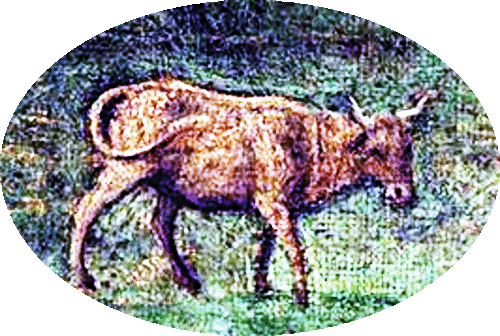
Ox
|
- In the meadow on the left Luini depicted an ox and a grazing mule next to a man who may be Saint Joseph.
- The pleasing background view features elements based on the landscape of north Italy near Lake Como.
|
The kneeling Virgin has an idealised face of the type seen in Leonardo’s Virgin of the Rocks. She delicately supports the infant Christ around the chest and by one of his feet. He leans towards the lamb, which kneels before him and which is also caressed by the infant Saint John the Baptist who looks fixedly at the Christ Child.
(Museo Nacional Thyssen-Bornemisza, Madrid)
|
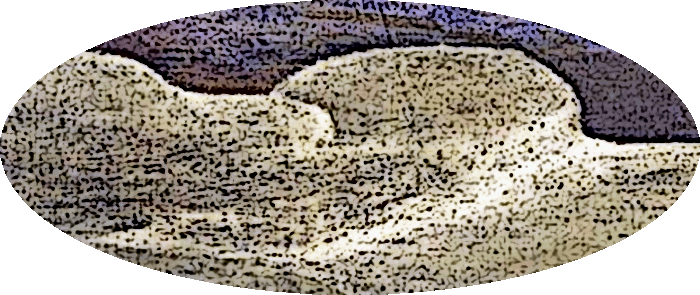
Desert
|
- After John describes his account of the spirit coming down upon Jesus, he says “I myself did not know him.”
- John is Jesus's cousin why would he say this?
- The Greek word for wilderness also means the
'desert' and so what Chrysostom and the other Church Fathers said is that John the Baptist did not grow up with his family in Jerusalem.
- John grew up in the desert apart from his family and he only
showed himself to everyone when he began his public ministry at the time of his baptism.
|
And the child grew and became strong in spirit, and he was in the wilderness till the day of his manifestation to Israel.
(Luke 1:80)
|
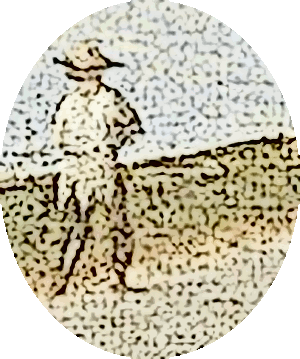 |
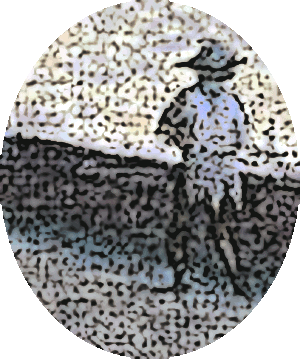 |
|
Opposing childhood |
- This shows that John and Jesus, although they were
cousins and were closely related, did not grow up together.
- Jesus grew up in Galilee as a carpenter’s son, but John grew up as an ascetic out in the desert.
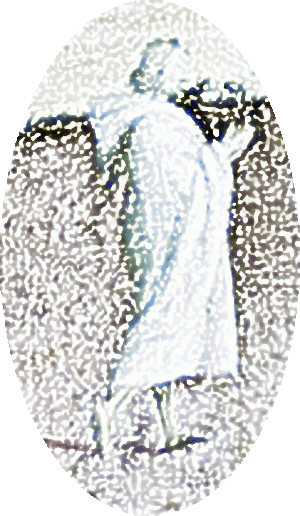
Essene at the Dead
Sea
|
- We know now from the discovery of the Dead Sea Scrolls,
as well as in the writings of Josephus, that there was a community
called the Essenes who lived by the Dead Sea.
- The Essenes were
an ancient Jewish sect that were celibate men that practiced various
forms of asceticism such as fasting, prayer, and reading the
Scriptures.
- They lived together like a monastic community, such
as a group of monks live.
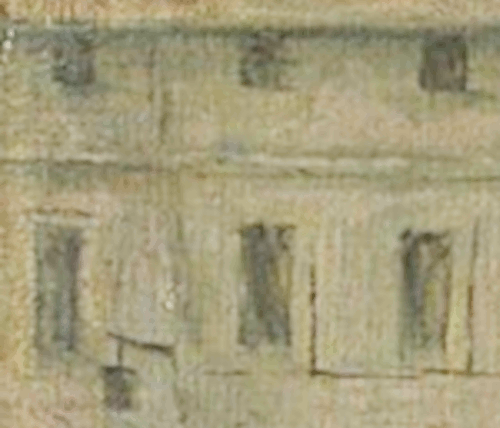
Monastic home |
- Although they did not marry and have children there,
they would take the needy children of other's and they would raise
them in their monastic community.
- This has happened in
monastic communities for centuries.
- Throughout Europe,
monastic community's would raise young boys, especially the
abandoned children of other's.
- Oftentimes, parents would
dedicate their child to a monastery or convent and then they would
be raised with the monks and nuns.
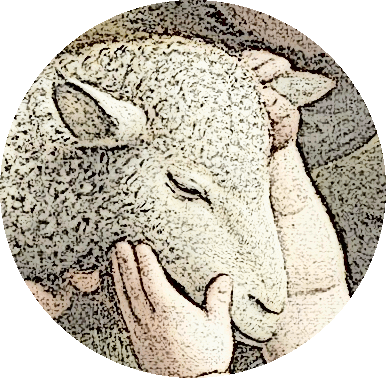
Chosen sheep |
- That was traditional because families would
have an appointed role for each child, such as doctor, lawyer,
schoolteacher, and then they always had one or two children
dedicated to the church (one male and one female).
- You can see
this pattern repeated throughout time and it appears that the
ancient Essenes also did this.
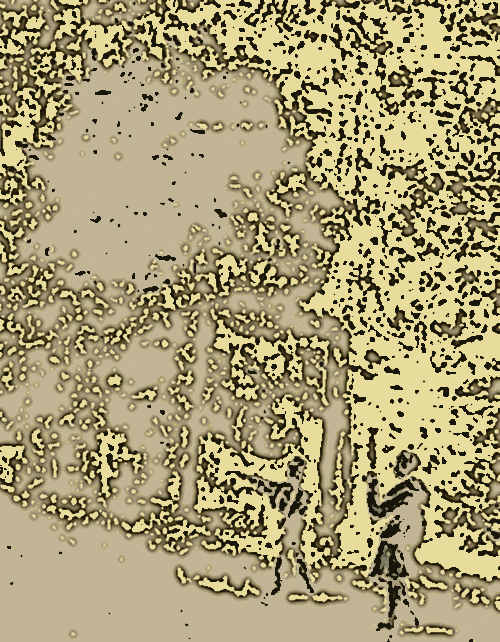
Essene desert
community
|
- The Essenes would raise children out in the desert and some modern scholars have
suggested that that's what happened to John the Baptist.
- After he
was born, his parents dedicated him and gave him to the Essene
community and they raised him.
- We don't know that for a fact, it is
speculation.
|
John replied in the words of Isaiah the prophet, “I am the voice of one calling in the wilderness, ‘Make straight the way for the Lord.’”
(John 1:23)
|
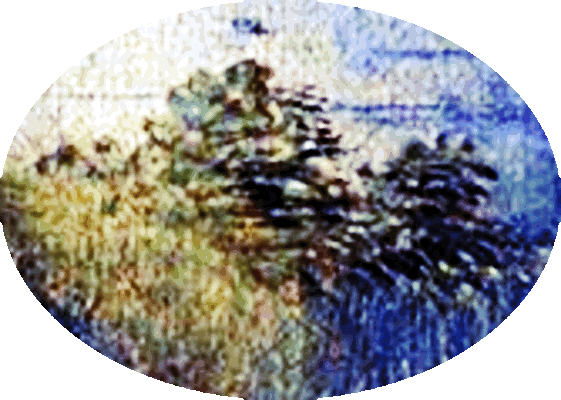
Wilderness |
- What is not speculation though is that John didn’t grow
up in Judea.
- The Bible makes it very clear that he grew up in the
wilderness and he was there until his manifestation in Israel.
|
In those days John the Baptist came, preaching in the wilderness of Judea and saying, “Repent, for the kingdom of heaven has come near.” This is he who was spoken of through the prophet Isaiah:
“A voice of one calling in the wilderness,
‘Prepare the way for the Lord,
make straight paths for him.’
(Matthew 3:1-3)
|
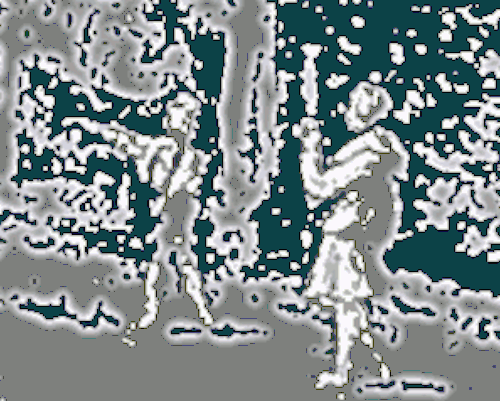
Wild life |
- St. Cyril of Jerusalem, another ancient Church Father,
pointed out what John meant when he said that he did not know Jesus of Nazareth, his cousin, by sight.
- They did not know one another and they didn't grow up together.
- And John didn’t grow up knowing Jesus as family or a friend.

Holy Spirit rising |
- John knew Jesus, not by family ties or personal relation, but by divine revelation.
- It was through the appearance of the Holy Spirit and the manifestation at the baptism of Christ, that John the Baptist recognized that Jesus
was the Messiah, the son of God, and the one who came to baptize in the Holy Spirit.
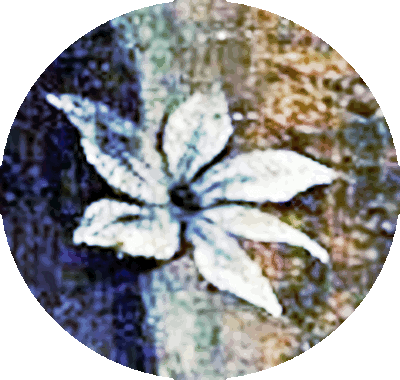
Wild flower |
- St. Cyril of Jerusalem wrote that the reason God separated John the Baptist and Jesus during their childhood, and then brought them together at this moment, was to show that John's identification of Jesus as Messiah and Son of God was not motivated by family preferences or favoritism toward his cousin.
- Jesus didn't even know his cousin by sight.
- He only learned his identity as
Son of God, Lamb of God, through the revelation of the Holy Spirit.
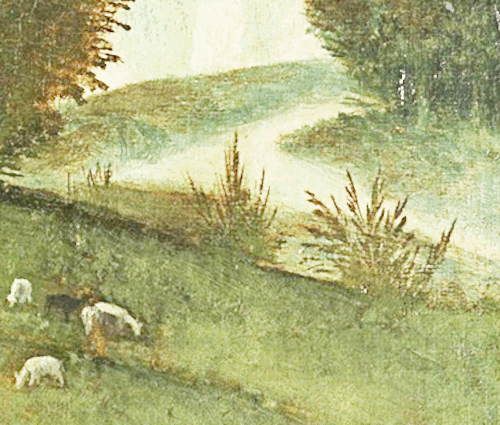
Galilee wild life |
- With the baptism of Jesus by John the Baptist, you can see how this is a fitting way to begin Jesus’ public ministry.
- Following Christ’s move to Galilee, Matthew does not give any further details of Jesus’ childhood,
instead, he begins the story of his gospel three decades after Jesus
returns from Egypt at age 30.
|
Now Jesus himself was about thirty years old when he began his ministry. He was the son, so it was thought, of Joseph,
the son of Heli.
(Luke 3:23)
|
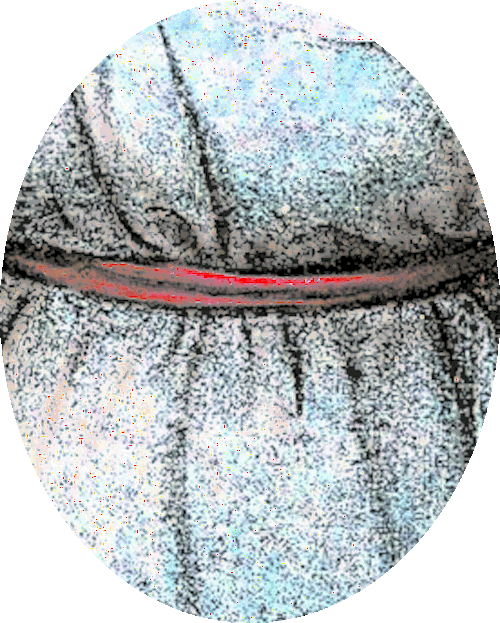
Jesus in robe |
- The baptism of Christ took place approximately 27 AD.
- By this time, Joseph has probably already passed on, as none of the other gospels mention him during Jesus’ adult life.
- In all likelihood, Joseph has been gone for awhile, with the responsibility to support the family resting on Jesus and His brothers, that is, until His itinerant preaching begins.
|
A voice of one calling: “In the wilderness prepare the way for the LORD; make straight in the desert a highway for our God. (Isaiah 40:3)
|
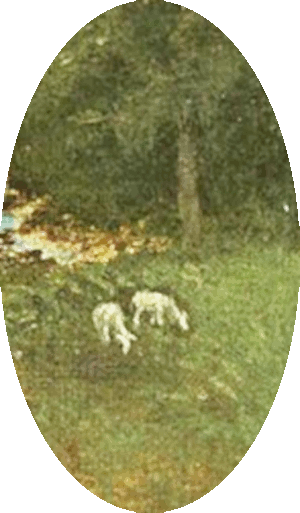
Jordan valley |
- John the Baptist’s ministry began in the 'wilderness of Judea'
which is a region covering the Jordan valley just north and west of the Dead Sea.
- His message is well-received by the Jews in Palestine, and crowds from all of Judea receive his baptism.
- Importantly, in John’s day the voice of prophecy had been silent for 400 years.
|
The king asked them, “What kind of man was it who came to meet you and told you this?”
They replied, “He had a garment of hair and had a leather belt around his waist.”
The king said, “That was Elijah the Tishbite.” (2 Kings 1:7–8)
|

John wears fur |
- When John ministered in the wilderness wearing camel’s hair, the people associate him with Elijah, who acted similarly and consider John a prophet.
- Through John the people realize that God is speaking to them again.
|
The baptism of John, whence was it? from heaven, or of men? And they reasoned with themselves, saying, If we shall say, From heaven; he will say unto us, Why did ye not then believe him? (Matthew
21:25)
|
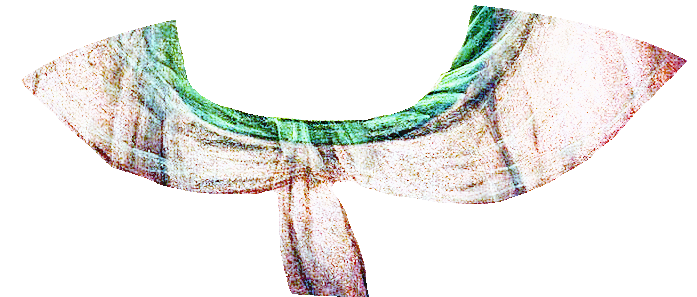
Holy Spirit |
- What was John's testimony and what is he bearing witness to?
- He is bearing witness to the fact that the spirit descended on Jesus and that therefore he is going to be the one who baptizes with the Holy Spirit.
- John tells Jesus that he is not worthy to untie the thong of his sandal.
- Then he testifies that "I baptize you with water, he'll baptize you with the Holy Spirit.”
|
And he preached, saying, “There comes One after me who is mightier than I, whose sandal strap I am not worthy to stoop down and loose. (Mark
1:7)
|
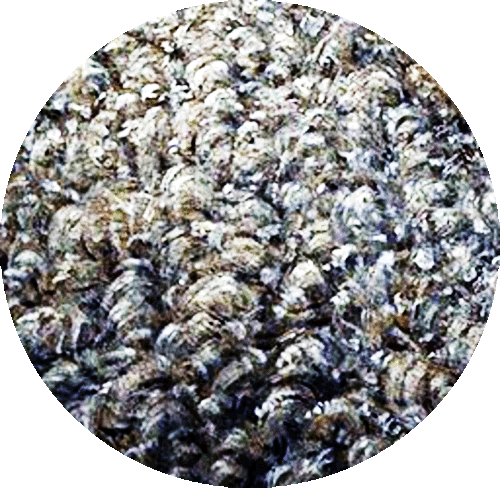
The gathering |
- So the testimony of John in this passage is that Jesus is the one.
- Jesus is the one that everyone has been waiting for.
- He is the Messiah, he is the Lamb of God, he is the one who takes away the sins of the world, he's the Savior.
|
Whoever is not with me is against me, and whoever does not gather with me scatters. (Matthew 12:30)
|
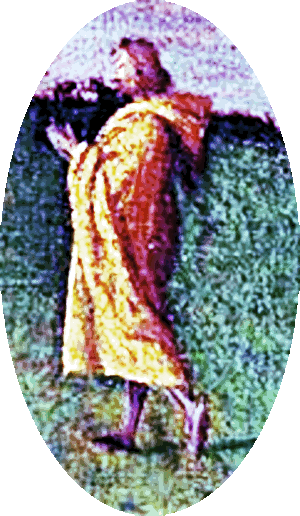
The way |
-
John fulfilled the prophecy about the voice in the wilderness.
- Jesus is
the way through which God’s blessing comes to His people, and in
heralding His coming,
- John is the road that leads the nation to
blessing and thus to God in Christ.
|
Jesus answered, "I am the way and the truth and the life. No one comes to the Father except through me."
(John 14:6)
|
|
Mordecai's
Dream |
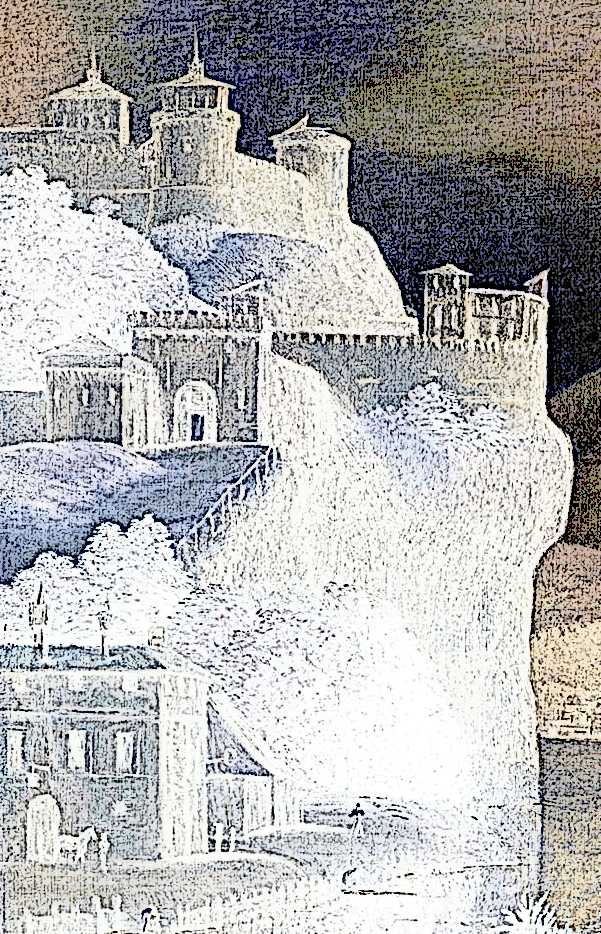
Winter residence |
- It was in the days of Ahasuerus, the Ahasuerus whose empire stretched from India to Ethiopia and comprised one hundred and twenty-seven provinces.
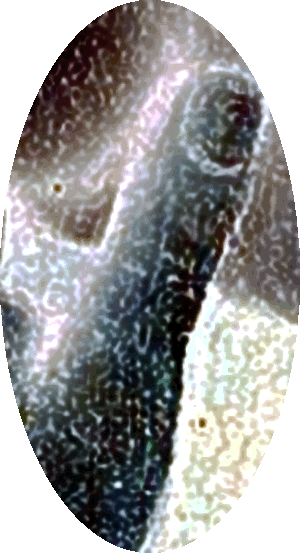
Bible chapter
removed and hidden |
- Mordecai's Dream is a chapter that was removed from the Book of Esther
in the Old Testament and placed in the Apocrypha which is a collection of works not allowed in the biblical
literature.
- The Book of Esther tells the story of a young
Jewish woman who became the wife of powerful Persian king Ahasuerus, also known as King Xerxes.
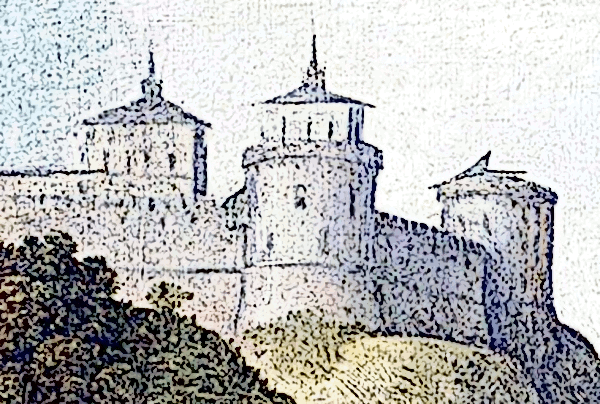
India to Ethiopia |
- In the second year of the reign of the Great King, Ahasuerus, on the first day of Nisan, a dream came to Mordecai son of Jair, son of Shimei, son of Kish, of the tribe of Benjamin, a Jew living at Susa and holding high office at the royal court.
- He was one of the captives whom Nebuchadnezzar king of Babylon had deported from Jerusalem with Jeconiah king of Judah.
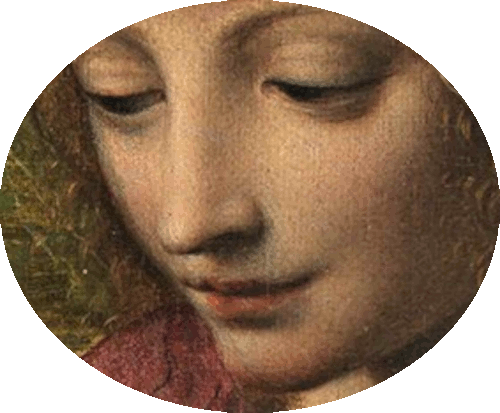
Esther |
- Esther, who
was first called Hadassah, lost her parents and was raised as a
daughter by her
uncle Mordecai of Susa, which was the winter residence of Persian
kings.
- Mordecai's story began with a dream and ended with the
interpretation of the dream.
There were cries and noise, thunder and
earthquakes, and disorder all over the earth. Then two
great dragons came forward, ready for the fray, and
set up a great roar. At the sound of them every nation
made read to wage war against the nation of the just. (Esther
1)
|
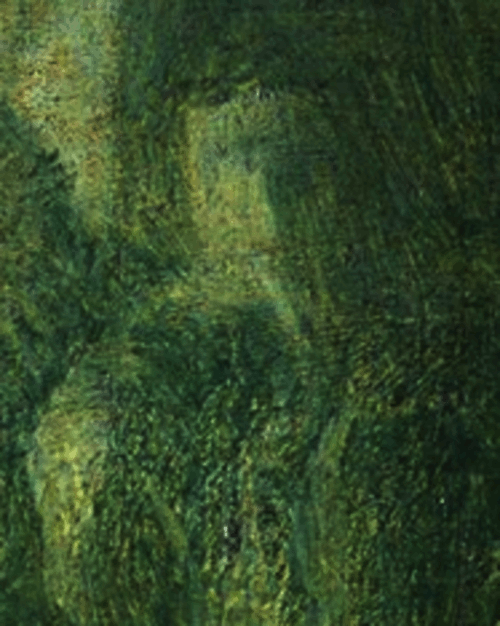
Day of darkness and
gloom |
- A day of darkness and gloom, of affliction and distress, oppression and great disturbance on earth!
- The entire upright nation was thrown into consternation at the fear of the evils awaiting it and prepared for death, crying out to God.

Flood |
- Then from its cry, as from a little spring, there grew a great river, a flood of water.
- Light came as the sun rose, and the humble were raised up and devoured the mighty.
- On awakening from this dream and vision of God's designs, Mordecai thought deeply about the matter, trying his best all day to discover what its meaning might be.
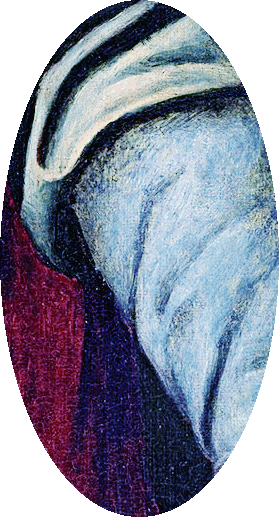
Haman in head gear |
- Mordecai was the son of Jair (Shimei and Kish) of the
tribe of Benjamin and was a Jew living in Susa.
- Tyrant Haman held a high office at the royal court and
because of his high rank, he became second only to the king.
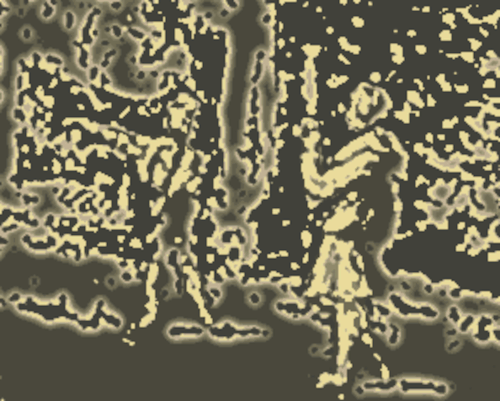
Officer tortured and
executed
|
- Mordecai was lodging at court with Bigthan and Teresh, two of the king's eunuchs who guarded the palace.
- Having got wind of their plotting and gained knowledge of their designs, he discovered that they were preparing to assassinate King Ahasuerus, and he warned the king against them.
- The king gave orders for the two officers to be tortured; they confessed and were executed.
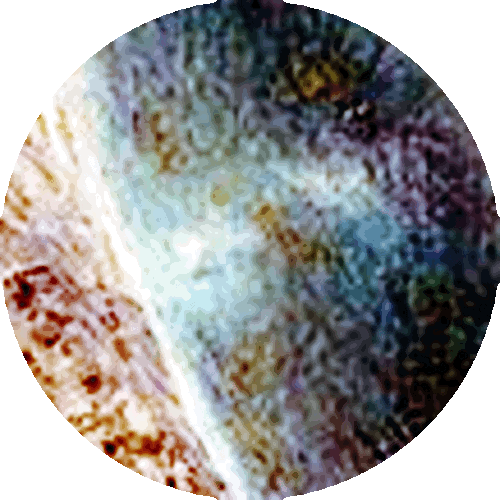
Mordecai at work |
- King Ahasuerus then had these events entered in his Record Book, while Mordecai himself also wrote an account of them.
- The king then appointed Mordecai to an office at court and rewarded him with presents.
- But Haman son of Hammedatha, the Agagite, who enjoyed high favour with the king, determined to injure Mordecai in revenge for the affair of the king's two officers.
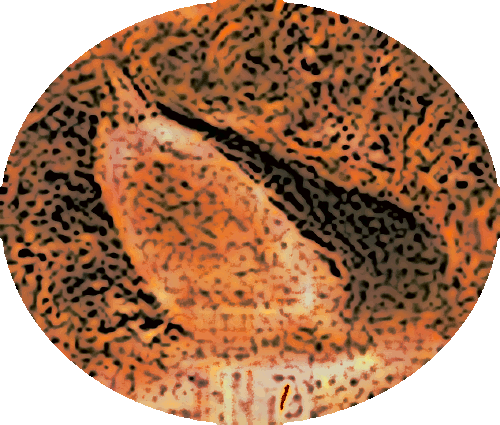
Roast mutton |
- In those days, when King Ahasuerus was sitting on his royal throne in the citadel of Susa, in the third year of his reign, he gave a banquet at his court for all his officers-of-state and ministers, Persian and Median army-commanders, nobles and provincial governors.
- Thus he displayed the riches and splendour of his empire and the pomp and glory of his majesty; the festivities went on for a long time, a hundred and eighty days.
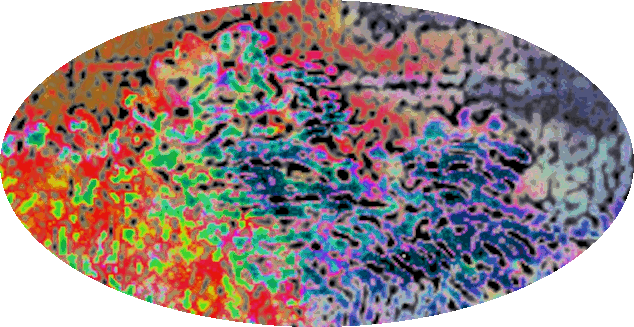
Esplanade in the
gardens |
- When this period was over, for seven days the king gave a banquet for al the people living in the citadel of Susa, to high and low alike, on the esplanade in the gardens of the royal palace.
- There were white and violet hangings fastened with cords of fine linen and purple thread to silver rings on marble columns, couches of gold and silver on a pavement of porphyry, marble, mother-of-pearl and precious stones.
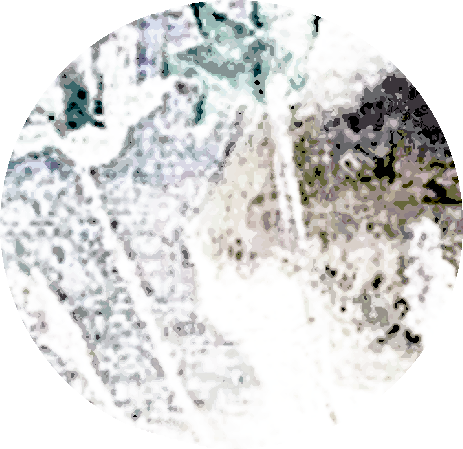
Queen Vashti |
- For drinking there were golden cups of various design and plenty of wine provided by the king with royal liberality.
- The royal edict did not, however, make drinking obligatory, the king having instructed the officials of his household to treat each guest according to the guest's own wishes.
- Queen Vashti, for her part, gave a banquet for the women in the royal palace of King Ahasuerus.
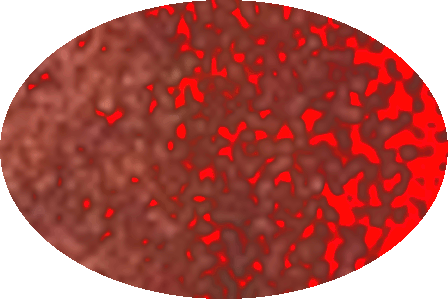
Too much wine |
- On the seventh day, when the king was merry with wine, he commanded Mehuman, Biztha, Harbona, Bigtha, Abagtha, Zethar and Carkas, the seven officers in attendance on the person of King Ahasuerus, to bring Queen Vashti before the king, crowned with her royal diadem, in order to display her beauty to the people and the officers-of-state, since she was very beautiful.
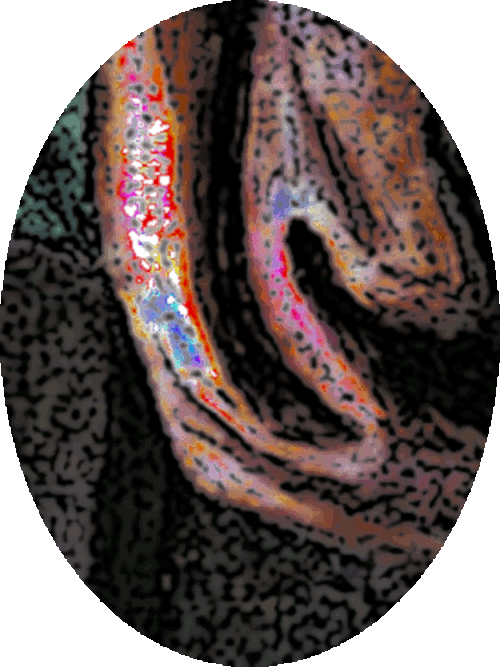
Rage grew hot |
- But Queen Vashti refused to come at the king's command delivered by the officers.
- The king was very angry at this and his rage grew hot.
- Addressing himself to the wise men who were versed in the law; it being the practice to refer matters affecting the king to expert lawyers and jurists, he summoned Carshena, Shethar, Admatha, Tarshish, Meres, Marsena and Memucan, seven Persian and Median officers-of-state who had privileged access to the royal presence and occupied the leading positions in the kingdom.
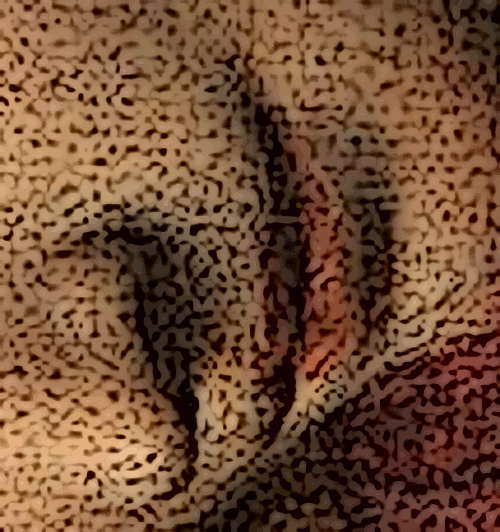
Queen Vashti |
- 'According to law,' he said, 'what is to be done to Queen Vashti for not obeying the command of King Ahasuerus delivered by the officers?'
- In the presence of the king and the officers-of-state, Memucan replied, 'Queen Vashti has wronged not only the king but also al the officers-of-state and all the peoples inhabiting the provinces of King Ahasuerus.
- The queen's conduct will soon become known to all the women, who will adopt a contemptuous attitude towards their own husbands.

Worthier woman
bowing |
- They will say, "King Ahasuerus himself commanded Queen Vashti to appear before him and she did not come."
- Before the day is out, the wives of the Persian and Median officers-of-state will be telling every one of the king's officers-of-state what they have heard about the queen's behaviour; and that will mean contempt and anger all round.
- If it is the king's pleasure, let him issue a royal edict, to be irrevocably incorporated into the laws of the Persians and Medes, to the effect that Vashti is never to appear again before King Ahasuerus, and let the king confer her royal dignity on a worthier woman.

Dog in bed |
- 'Let this edict issued by the king be proclaimed throughout his empire; which is great, and all the women will henceforth bow to the authority of their husbands, both high and low alike.'
- This speech pleased the king and the officers-of-state, and the king did as Memucan advised.
- He sent letters to all the provinces of the kingdom, to each province in its own script and to each nation in its own language, ensuring that every husband should be master in his own house
(The New Jerusalem Bible, Esther 1).

Harem search |
- Some time after this, when the king's wrath had subsided, Ahasuerus remembered Vashti, how she had behaved, and the measures taken against her.
- The king's gentlemen-in-waiting said, 'A search should be made on the king's behalf for beautiful young virgins, and the king appoint commissioners throughout the provinces of his realm to bring all these beautiful young virgins to the citadel of Susa, to the harem under the authority of Hegai the king's eunuch, custodian of the women.'
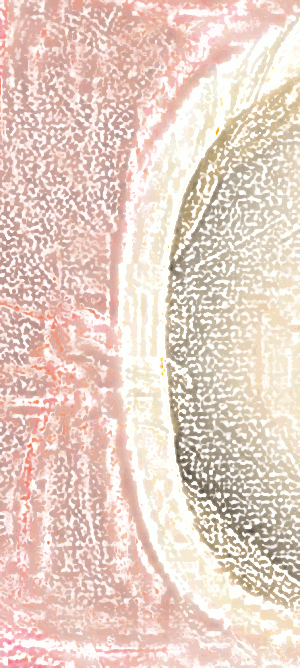
Who's the fairest of
them all |
- 'Here he will give them whatever they need for enhancing their beauty, and the girl who pleases the king can take Vashti's place as queen.'
- This advice pleased the king and he acted on it.
- On the promulgation of the royal command and edict a great number of girls were brought to the citadel of Susa where they were entrusted to Hegai.
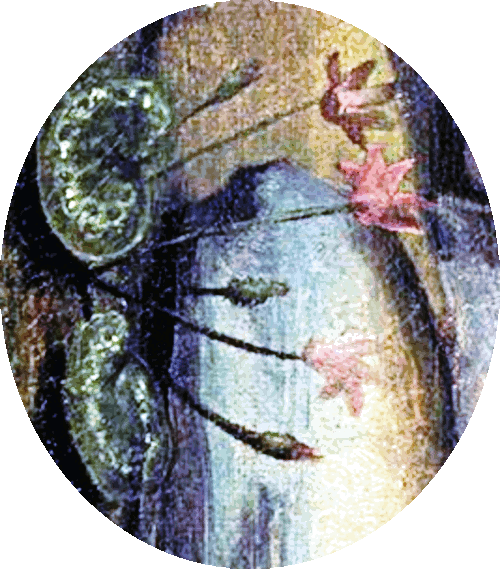
Bull's eye |
- Esther, too, was taken to the king's palace and entrusted to Hegai, the custodian of the women.
- The girl pleased him and won his favour.
- Not only did he quickly provide her with all she needed for her dressing room and her meals, but he gave her seven special maids from the king's household and transferred her and her maids to the best part of the harem.
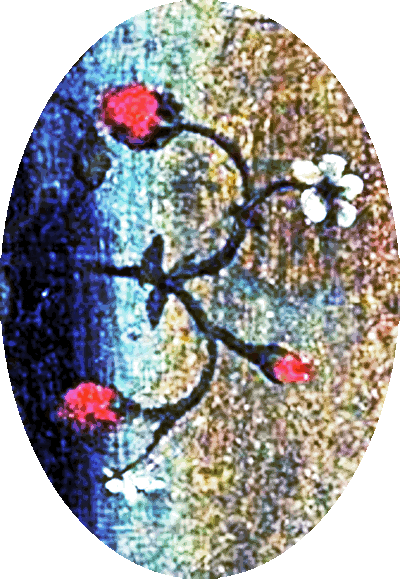
Family tree |
- Esther had not divulged her race or parentage, since Mordecai had forbidden her to do so.
- Mordecai walked up and down in front of the courtyard of the harem all day and every day, to learn how Esther was and how she was being treated.
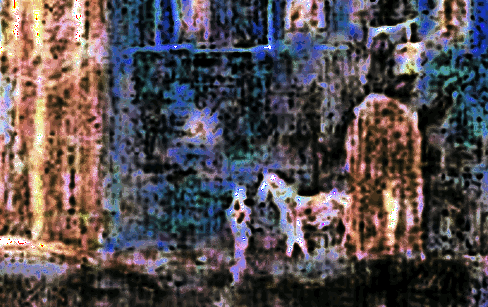
Royal household in
the evening |
- Each girl had to appear in turn before King Ahasuerus after a delay of twelve months fixed by the regulations for the women; this preparatory period was occupied as follows: six months with oil of myrrh, and six months with spices and lotions commonly used for feminine beauty treatment.
- When each girl went to the king, she was given whatever she wanted to take with her, since she then moved from the harem into the royal household.
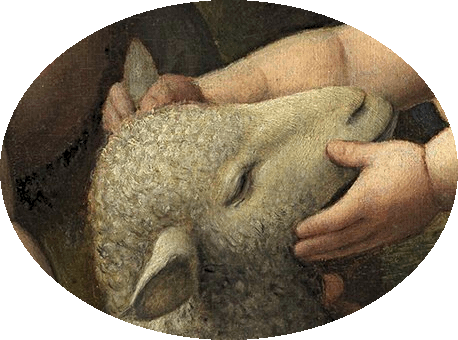
Passing the test |
- She went there in the evening, and the following morning returned to another harem entrusted to the care of Shaashgaz, the king's officer, custodian of the concubines.
- She did not go to the king any more, unless he was particularly pleased with her and had her summoned by name.
- But when it was the turn of Esther the daughter of Abihail, whose nephew Mordecai had adopted her as his own daughter, to go into the king's presence, she did not ask for anything beyond what had been assigned her by Hegai, the king's officer, custodian of the women.
- Esther won the approval of all who saw her.
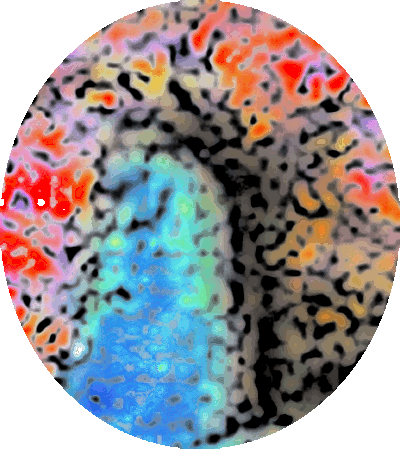
Blue blood approval |
- She was brought to King Ahasuerus in his royal apartments in the tenth month, which is called Tebeth, in the seventh year of his reign; and the king liked Esther better than any of the other women; none of the other girls found so much favour and approval with him.
- So he set the royal diadem on her head and proclaimed her queen instead of Vashti.
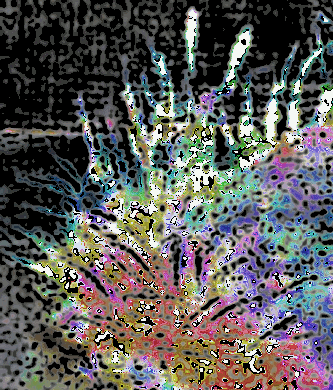
Esther's banquet in
the garden |
- The king then gave a great banquet, Esther's banquet, for all his officers-of-state and ministers, decreed a holiday for all the provinces and distributed largesse with royal prodigality.
- When Esther, like the other girls, had been transferred to the second harem, she did not divulge her parentage or race, in obedience to the orders of Mordecai, whose instructions she continued to follow as when she had been under his care.

Shadowy |
- At this time Mordecai was attached to the Chancellery and two malcontents, Bigthan and Teresh, officers in the king's service as Guards of the Threshold, plotted to assassinate King Ahasuerus.
- Mordecai came to hear of this and informed Queen Esther, who in turn, on Mordecai's authority, told the king.
- The matter was investigated and proved to be true.
- The two conspirators were sent to the gallows, and the incident was recorded in the Annals, in the royal presence.
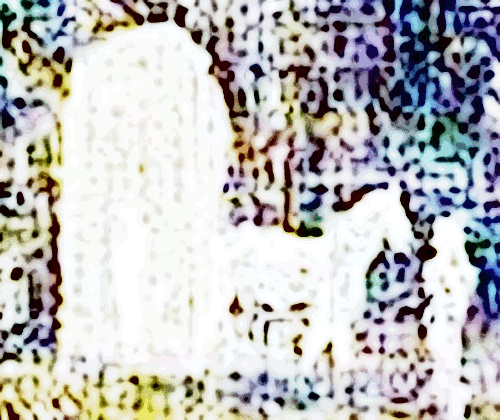
Precedence |
- Shortly afterwards, King Ahasuerus singled out Haman son of Hammedatha, a native of Agag, for promotion.
- He raised him in rank, granting him precedence over all his colleagues, the other officers-of-state, and all the royal officials employed at the Chancellery used to bow low and prostrate themselves whenever Haman appeared -- such was the king's command.
- Mordecai refused either to bow or to prostrate himself.
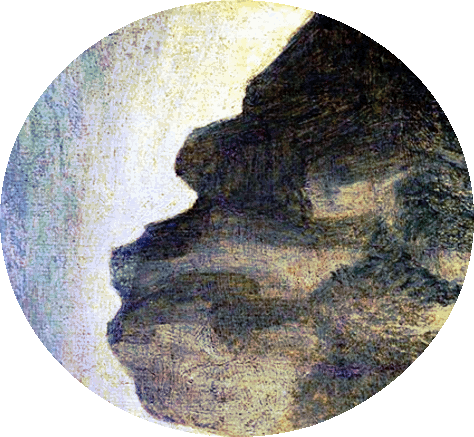
Official bully |
-
Why do you flout the royal command?' the officials of the Chancellery asked Mordecai.
- Day after day they asked him this, but he took no notice of them.
- In the end they reported the matter to Haman, to see whether Mordecai would persist in his attitude, since he had told them that he was a Jew.
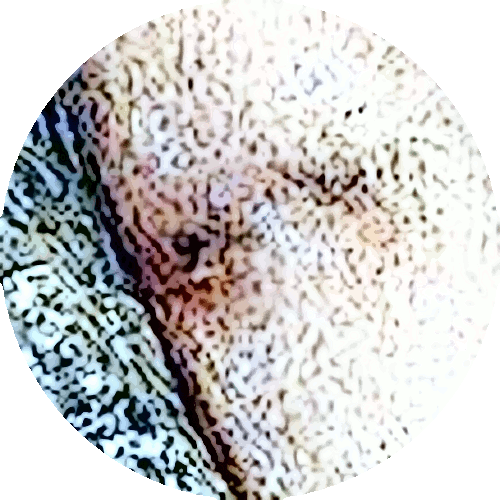
Angry |
- Haman could see for himself that Mordecai did not bow or prostrate himself in his presence; he became furiously angry.
- And, on being told what race Mordecai belonged to, he thought it beneath him merely to get rid of Mordecai, but made up his mind to wipe out all the members of Mordecai's race, the Jews, living in Ahasuerus' entire empire.
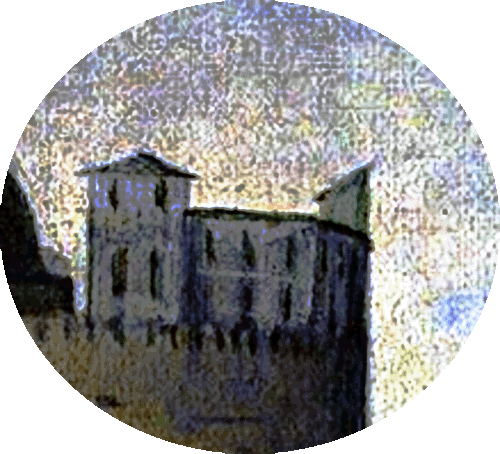
Treachery in high
places |
-
In the first month, that is the month of Nisan, of the twelfth year of King Ahasuerus, the pur (that is, the lot) was cast in Haman's presence, to determine the day and the month.
- The lot falling on the twelfth month,which is Adar, Haman said to King Ahasuerus, 'There is a certain unassimilated nation scattered among the other nations throughout the provinces of your realm; their laws are different from those of al the other nations, and the royal laws they ignore; hence it is not in the king's interests to tolerate them.'
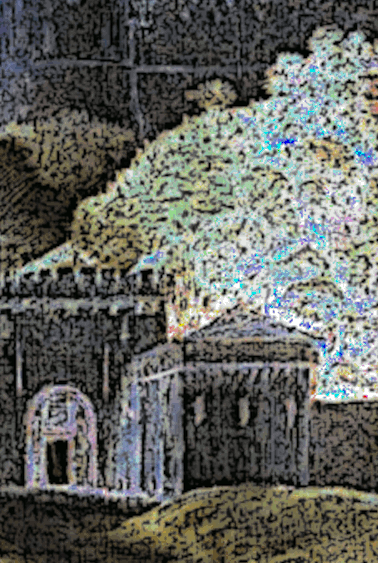
Talents of silver |
- 'If their destruction be signed, so please the king, I am ready to pay ten thousand talents of silver to the king's receivers, to be credited to the royal treasury.'
- The king then took his signet ring off his hand and gave it to Haman son of Hammedatha, the persecutor of the Jews.
- 'Keep the money,' he said, 'and you can have the people too; do what you like with them.'
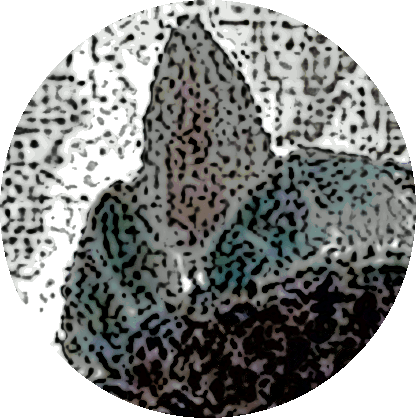
Royal scribe |
- The royal scribes were therefore summoned for the thirteenth day of the first month, when they wrote out the orders addressed by Haman to the king's satraps, to the governors ruling each province and to the principal officials of each people, to each province in its own script and to each people in its own language.
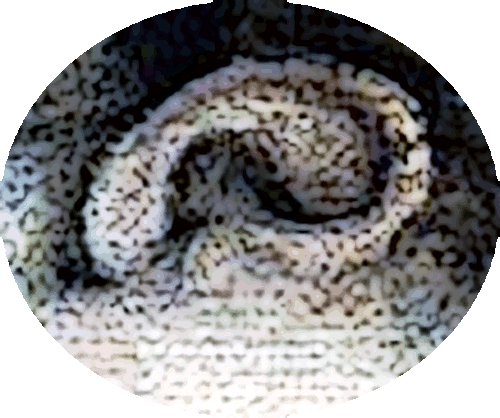
King's signet ring |
- The edict was signed in the name of King Ahasuerus and sealed with his ring, and letters were sent by runners to every province of the realm, ordering the destruction, slaughter and annihilation of all Jews, young and old, including women and children, on the same day -- the thirteenth day of the twelfth month, which is Adar -- and the seizing of their possessions.
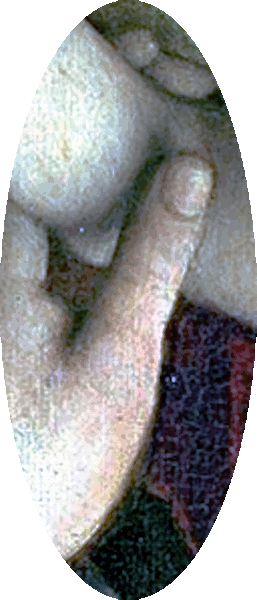
Letter |
- The text of the letter was long and tedious and
was addressed to the governors of the hundred and twenty-seven provinces
stretching from India to Ethiopia, and to their subordinate district
commissioners.
- In consultation with his advisers the king
describes how his trusty companion, Haman, advised him of an
unlawful group of people living in the kingdom.
- The king goes
on to describe how this group needed to be destroyed because they
were in complete opposition, committed heinous crimes and were
hostile to his interests of the kingdom.
|
We command that those persons designated to you in the letters written by Haman, who was appointed to watch over our interests and is a second father to us, be all destroyed, root and branch, including women and children, by the swords of their enemies, without any pity or mercy, on the fourteenth day of the twelfth month, Adar, of the present year. (New
Jerusalem Bible, Esther 3)
|
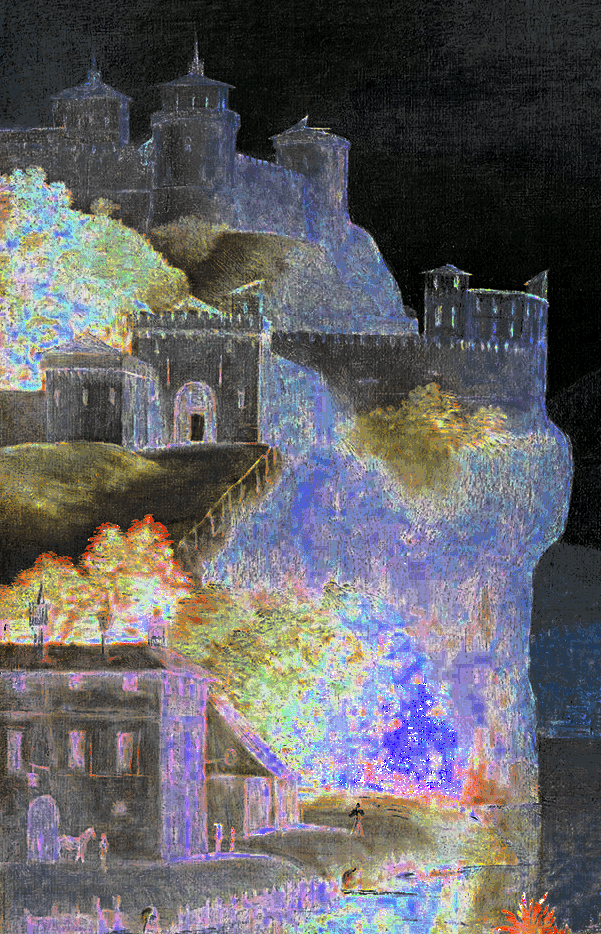
Kingdom party time |
- This was done so the government may hence forward enjoy perpetual stability and peace.
- Copies of this decree, to be promulgated as law in each province, were published to the various peoples, so that each might be ready for the day aforementioned.
- At the king's command, the runners set out with all speed; the decree was first promulgated in the citadel of Susa.
- While the king and Haman gave themselves up to feasting and drinking, consternation reigned in the city of Susa.
(New Jerusalem Bible, Esther 3)
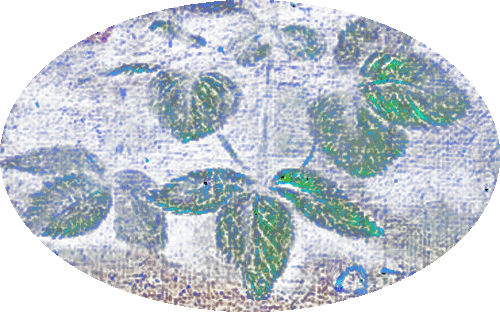
Vine |
- When Mordecai learned of all that had been done, he tore his clothes, put on sackcloth and ashes, and went out into the city, wailing loudly and bitterly.
- He sends a message to Esther, urging her to approach the king and intercede for her people.
|
Mordecai told him everything that had happened to
him, including the exact amount of money Haman had
promised to pay into the royal treasury for the
destruction of the Jews. He also gave him a copy of
the text of the edict for their annihilation, which
had been published in Susa, to show to Esther and
explain it to her, and he told him to instruct her to
go into the king’s presence to beg for mercy and plead
with him for her people. (Esther 4:7-8)
|
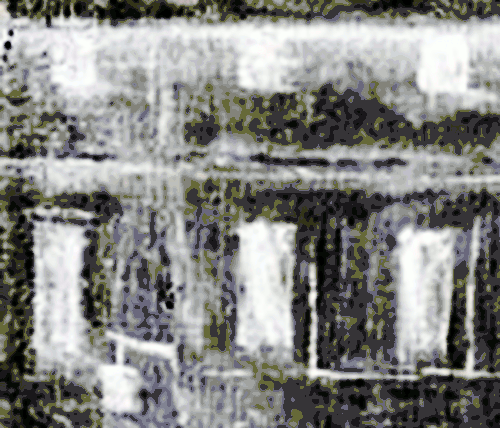
Danger involved |
- Initially hesitant due to the danger involved, Esther eventually decided to approach King Xerxes without being summoned
which was a risky move that could result in death.
- Xerxes had a
law that he would execute anyone who approached his inner court
without being summoned and the only thing that could spare them was
if he extended his gold scepter to them.
|
When Esther’s words were reported to Mordecai, he
sent back this answer: “Do not think that because you
are in the king’s house you alone of all the Jews will
escape. For if you remain silent at this time, relief
and deliverance for the Jews will arise from another
place, but you and your father’s family will perish.
And who knows but that you have come to your royal
position for such a time as this?” (Esther
4:12-14)
|

Fasting for 3 days
and 3 nights |
- Then Esther sent this reply to Mordecai: “Go, gather together all the Jews who are in Susa, and fast for me.
- Do not eat or drink for three days, night or day.
- I and my attendants will fast as you do.
- When this is done, I will go to the king, even though it is against the law.
- And if I perish, I perish.”
- So Mordecai went away and carried out all of Esther’s instructions.
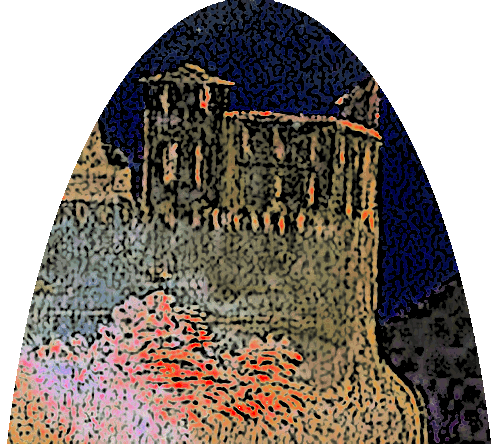
Kingdom burning down |
- Esther invites the king and Haman to a banquet.
- During the banquet, she reveals her Jewish identity and informs the king about Haman's plot.
- So the king and Haman went to Queen Esther’s banquet, and as they
were drinking wine on the second day, the king again asked, “Queen
Esther, what is your petition? It will be given you. What is your
request?
- Even up to half the kingdom, it will be
granted.”
|
Then Queen Esther answered, “If I have found favor
with you, Your Majesty, and if it pleases you, grant
me my life—this is my petition. And spare my
people—this is my request. For I and my people have
been sold to be destroyed, killed and annihilated. If
we had merely been sold as male and female slaves, I
would have kept quiet, because no such distress would
justify disturbing the king.” (Esther 7:1-4)
|

Xerxes looks at
Haman on the pole |
- King Xerxes is angered by Haman's plot to harm Esther and her people.
- King Xerxes asked Queen Esther, “Who is he? Where is he—the man who has dared to do such a thing?”
- Esther said, “An adversary and enemy! This vile Haman!”
- Then Haman was terrified before the king and queen.
- Haman is eventually impaled on the pole he had prepared for Mordecai.
|
Then Harbona, one of the eunuchs attending the
king, said, “A pole reaching to a height of fifty
cubits stands by Haman’s house. He had it set up for
Mordecai, who spoke up to help the king.” The king
said, “Impale him on it!” So they impaled Haman on the
pole he had set up for Mordecai. Then the king’s fury
subsided. (Esther 7:9-10)
|
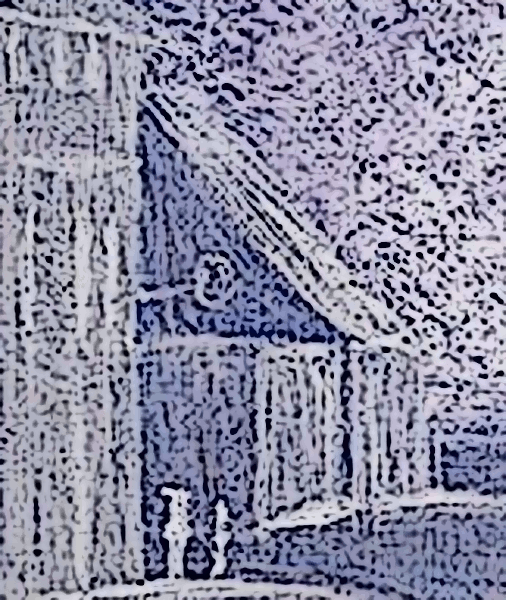
Key position |
- Mordecai is honored by the king and elevated to a high position in the Persian court.
- A decree is issued allowing the Jews to defend themselves against any attackers.
- The Jews successfully defend themselves, and the day of their deliverance is celebrated as the festival of Purim.
|
That same day King Xerxes gave Queen Esther the
estate of Haman, the enemy of the Jews. And Mordecai
came into the presence of the king, for Esther had
told how he was related to her. The king took off his
signet ring, which he had reclaimed from Haman, and
presented it to Mordecai. And Esther appointed him
over Haman’s estate. (Esther 8:1-2)
|
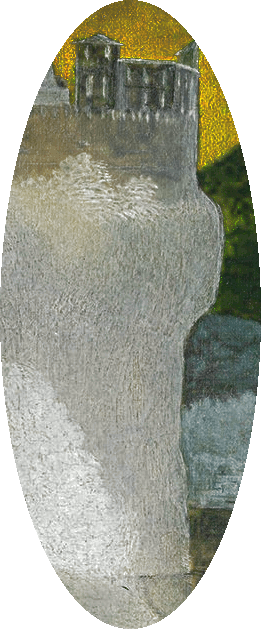
Mordecai crowned in
glory |
- Mordecai's refusal to bow to Haman, a high-ranking official, reflects his commitment to his principles and loyalty to God.
- Mordecai's encouragement of Esther to approach the king without summons highlights themes of courage and risk-taking.
- But certainly, Mordecai is not the only hero in the story as
Esther was very brave and courageous after enduring a difficult
early life, she saved the Jewish people in her kingdom.
|
Overall, Mordecai in the Bible contributes to the
larger narrative of God's providence, human courage,
and the triumph of good over evil. His story serves as
a source of inspiration and reflection on principles
such as loyalty, wisdom, and divine intervention.
(christianity.com)
|
As a well-spent day brings happy sleep,
so a life well spent brings happy death.
Leonardo DaVinci

| |
 |
 |

